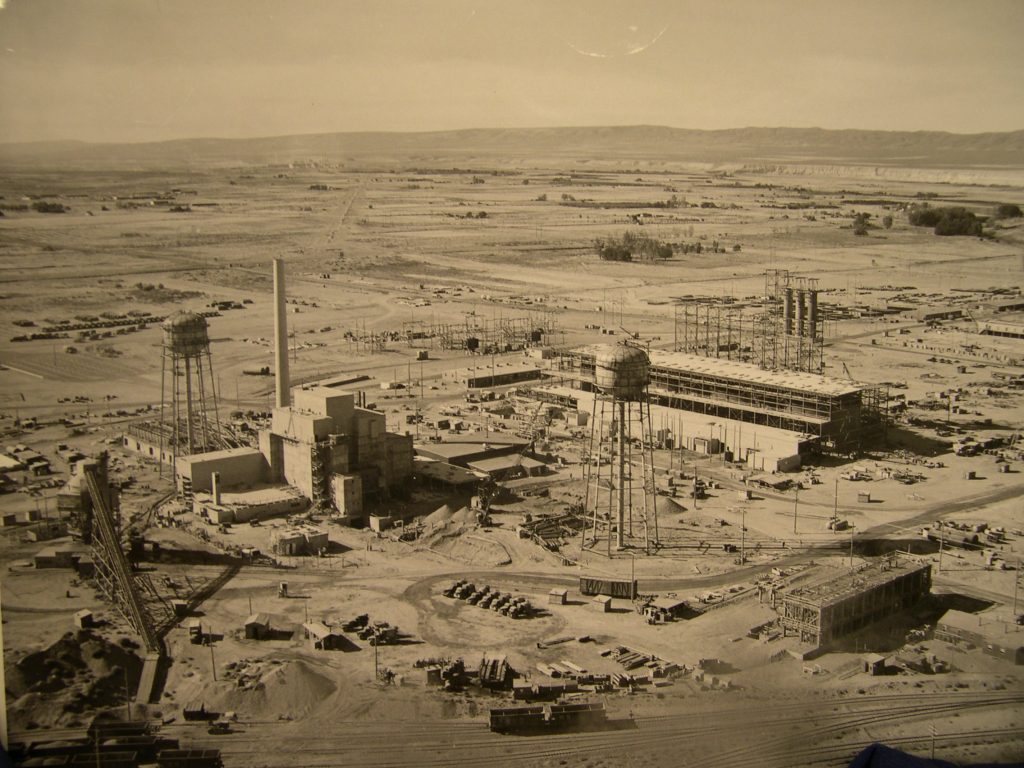[Interviewed by Robert W. Mull, from S.L. Sanger’s Working on the Bomb: An Oral History of WWII Hanford, Portland State University, 1995]
It came like a bombshell. They announced they were taking the whole valley. For what? We didn’t know. At that time, the farmers were short of money and didn‘t have any place to go, really. So eventually the government appraised it and put the money in escrow for the landowners to draw on. This was estimated as their just compensation.
What they did, they brought in Federal Land Bank people from clear out of the state, like Montana or elsewhere. They didn’t understand the valley or fruit and they didn’t think much of the valley and they brought in terribly low appraisals.
Highway robbery!
One case I handled, they went to a guy that had had a heart attack and was in his bed. Got him to sign off on property for what wouldn’t even pay for the crop that was growing on it. I actually took it on the basis of fraud with the federal judge and he set aside the whole deal and awarded the family what was proper. The fellow was half dead when they got him to sign up. Then they bragged about it.
Charles Powell, later a federal judge from Kennewick, and I got together and we took most of these land cases to court and the verdicts were so much over the appraisals. We had them reappraised. It was so ridiculous that the government finally confessed that they were wrong. We settled nearly all of the cases out of court. If they’d gone ahead with that original deal and every-body had signed up, it would have been a tremendous injustice.
They didn’t need to do that with all the waste I saw here that occurred after they started the project. They bulldozed good walls, they wouldn’t let the farmers pick the good crops on the trees. They brought convicts from Walla Walla to pick them off the ground. It was ridiculous.
So we later went to court over the crops. Some of the crops brought, in court, more than what they had appraised the land for. One year’s crop. We had to educate them, that’s all.
It was a tremendous shock to these people who had lived here, then moved out with practically nothing. Not knowing what for. They wouldn‘t tell you a thing.




